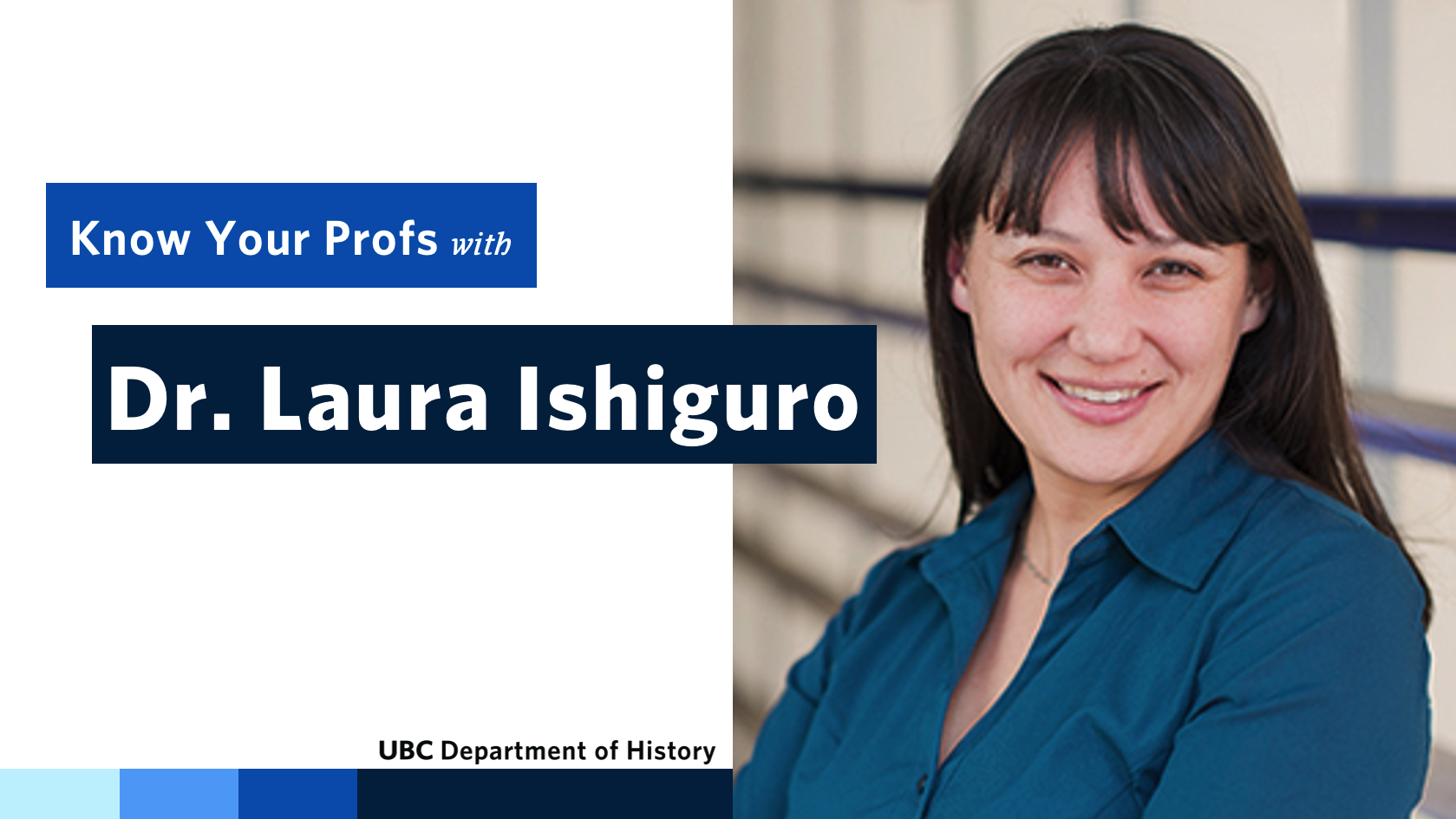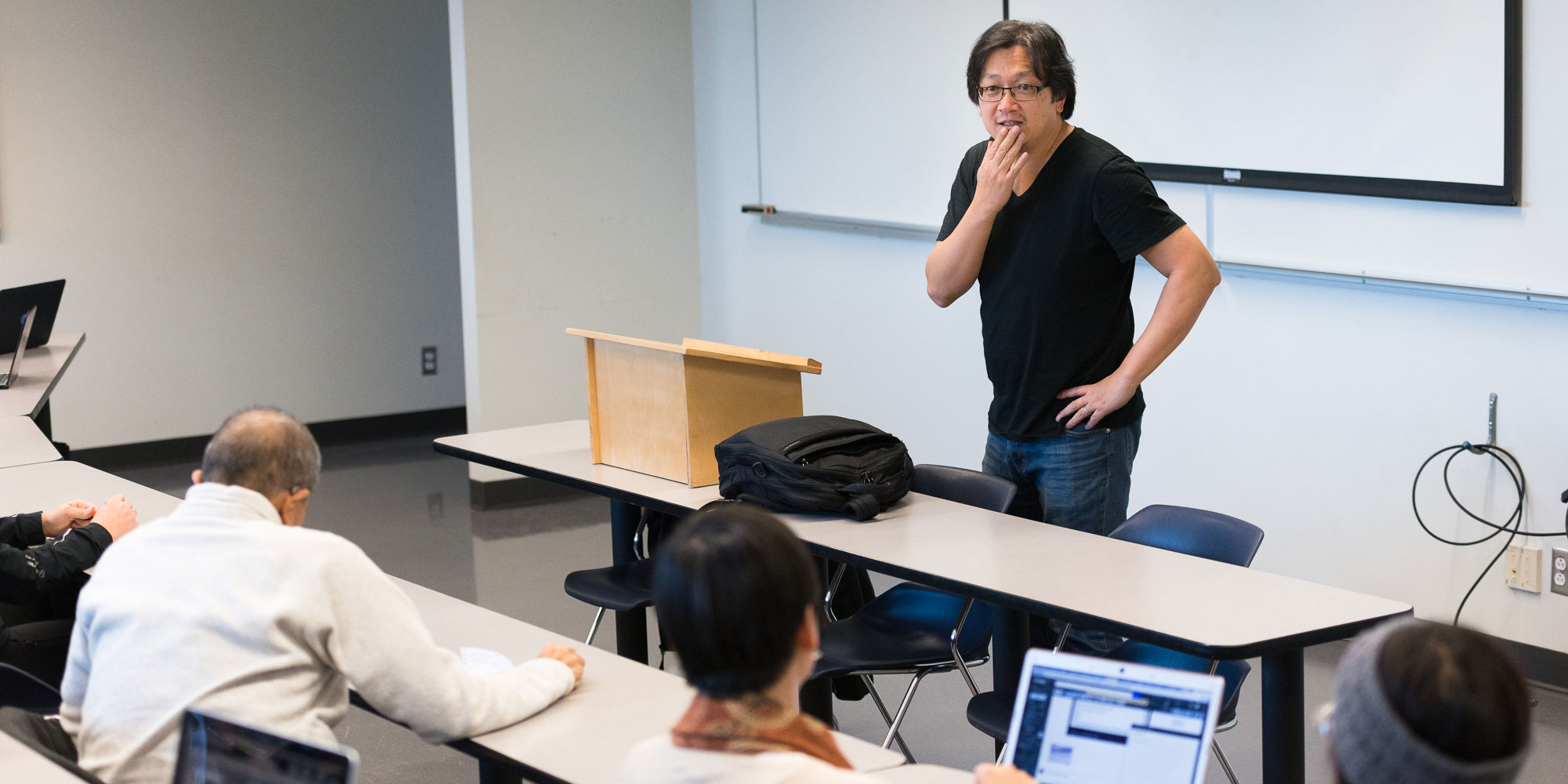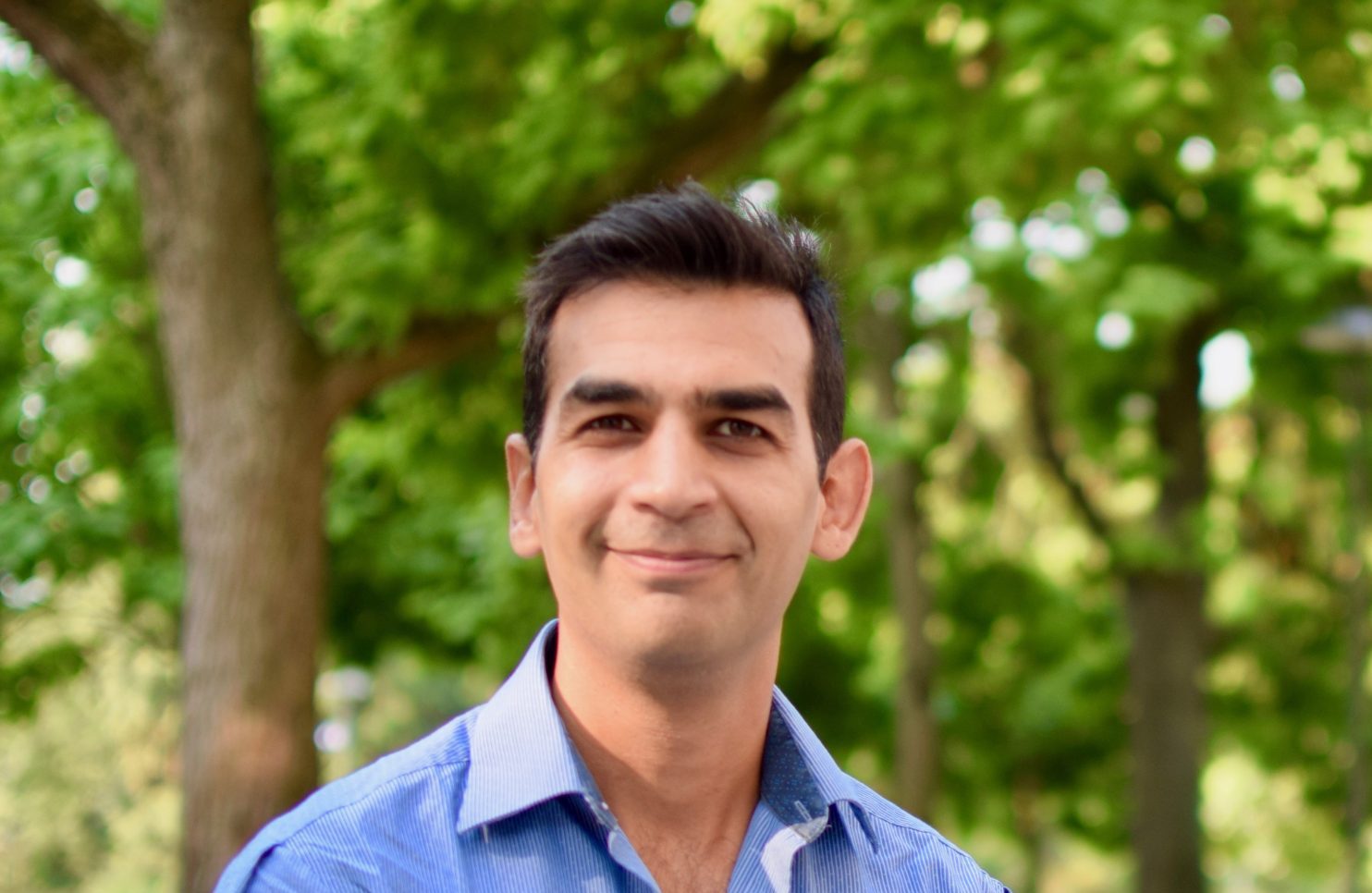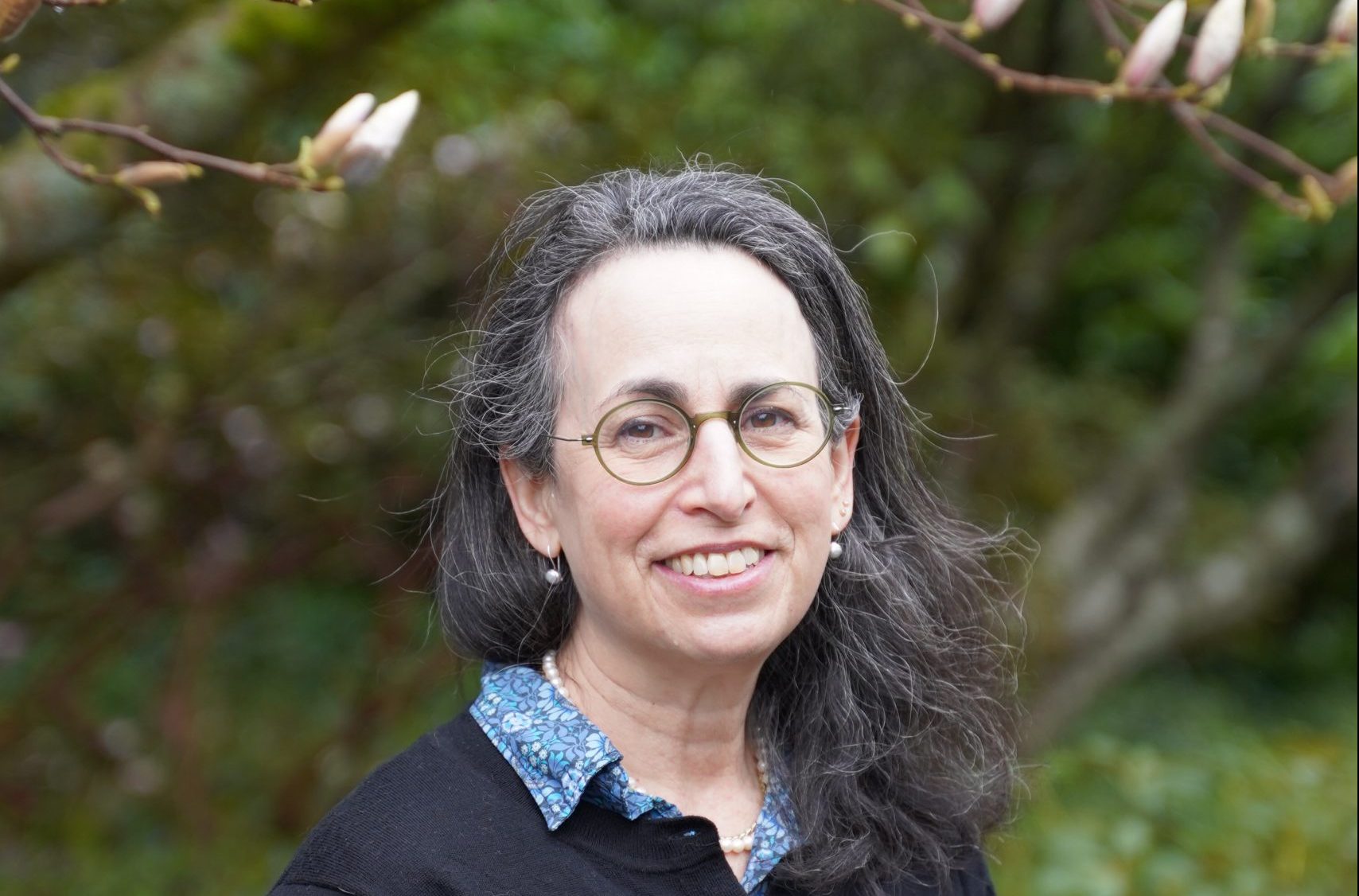

The Know Your Profs series is meant to help students get to know their professors in their own words. This series is for you if you’re thinking of taking a course taught by a professor you don’t know very well, if you’re an Honours student or grad student looking for a thesis supervisor, or if you simply want to know more about your favourite professors in the Department of History.
In this instalment, Professor Laura Ishiguro shares with us the meticulous thoughtfulness behind her teaching, her favourite student questions, and what it means to study history. She also reminds us that learning to sit in the discomfort of not knowing with an open mind is important, no matter what you choose to do with your life.
What is your area of specialization?
My research broadly focuses on Canada and the British Empire, with specialization in histories of settler colonialism, everyday life, and British Columbia in the nineteenth and twentieth centuries. These interests have taken me in multiple directions over the years. Right now, my work is primarily seeking to reimagine how we might tell histories of people of Asian descent in northern North America, with an emphasis on Nikkei or Japanese Canadian history-writing.
What sparked your interest in your research area, and when did you know academia was for you?
Over time I have actually become less certain that academia is for me, and I mean this in a good way. I come from an academic family; it didn’t take a lot for me initially to imagine an academic career as a possibility, and my background has helped me here. This sort of privilege is widespread, as are other forms of inequity and exclusion that hurt people and limit what academia can be. It is “for me” in some ways and it is clearly not for me in others. As it turns out, I don’t sit comfortably with this version of academia. Now I try to work to reimagine what belonging here could be instead.
What does it mean to you to study history?
For me, studying history is about cultivating the critical hope and understanding with which we can decide what to do here, in the current moment. It’s about valuing context and perspective, developing ideas through careful work with difficult evidence, and learning to see and unsettle what we take for granted today. Studying history should inspire us to see that we always have choices. It also teaches us that whatever we do or don’t do with those choices, we make history ourselves.
Which course(s) do you teach?
ACAM 300: Dis/Orienting Asian Canada, which I call “Asian Canadian history for our times.” It asks: what good can knowledge, understanding, and thinking about Asian Canadian histories do now? More specifically, what does Asian Canadian history have to do with present-day issues like settler colonialism, COVID-19, Black Lives Matter, asylum-seeking, and political apologies and commemoration debates? We explore these questions by learning about common and not-so-well-known histories of people of Asian descent, examining how these histories have been represented, reflecting on what difference they make now, and considering what other histories we might tell, how, and why.
HIST 304: Researching Local History from the Ground Up. This course focuses on building and deepening historical research skills with a focus on local history. While all History courses help to build competencies in research, analysis, and communication, this course is special because it centres the practice of research itself, and not a particular historical subject, place, or time. It is an opportunity to slow down and focus on what it means to do historical research, to understand it on a new level, and build confidence in these skills through hands-on practice and reflection.
HIST 305: History of British Columbia. This course examines histories of the territories currently called British Columbia from time immemorial to the present, with a primary focus on the nineteenth and twentieth centuries. Students can expect to build a stronger understanding of the histories of power, place, and people that have shaped British Columbia. The course always also offers opportunities for doing original historical research.
HIST 420D: History of Drugs in Canada. How can studying the past help us to understand drugs and their place in Canada today, from the recent legalization of cannabis to the ongoing public health crisis of opioid poisoning? In this course, we examine the history of drugs in Canada since 1867. This includes histories of alcohol, tobacco, cannabis, opium, amphetamine, LSD, and more, in order to better understand the social, cultural, political, and legal histories of drugs; the people who have used them; and the changing meanings, regulation, and (de)criminalization of different drugs over time in northern North America.
What can students expect from your classes?
I always make four promises about what to expect in my classes:
- I prioritize clarity and transparency
- No busywork – everything has a point
- I bring my best energy, and
- I care about the accessibility, broadly speaking, of my courses
I do what I can to create courses in which we can all work and learn in good faith, with generosity and care, and a genuine interest in thinking things that we’ve never thought before. I really want you to meet me there!
Also, I’m very human; I’m sometimes an insufferable idealist, but I don’t see the point in being otherwise. I mean what I say, and I have a sense of humour that only I notice most of the time.
What are your favourite questions students have asked you about history?
Any question for which the answer is “we don’t know”. Sometimes I love these questions because they make me see the past, the world, and my assumptions differently. Sometimes they push me to learn, to ask new questions myself, and to work to find out more. But sometimes, there’s nothing more valuable than deeply understanding and living with not knowing. That is, why we don’t know certain things in historical work, what it means and feels like not to know, what we can do about it and, just as critically, accepting that sometimes we can never know.
What do you like about teaching UBC students?
I can’t answer this question honestly without sounding overly sentimental, but the truth is that students never fail to teach me to live with hope and believe in people. Left to my own devices, I think of myself as a bit of a curmudgeon, but then every day I get to talk to students, I’m reminded again how good people can be, how diverse, creative, caring, generous. They show me how to be open-minded, to change my mind, to have my mind changed, to see the world in new ways. I’m grateful.
What advice would you give your first-year and graduating undergrad self?
First-year self: Take risks in learning. As an undergrad, I played it safe where I felt most comfortable and confident. I understand why, but I missed a lot too. Real learning is courageously going into the unknown, and I would advise myself to practice it more. Take a broader range of courses. Let yourself be curious. Learn to feel more out of your depth more often. Practice failing with grace a little more. It’s okay. It’s good, and it’s the whole point.
Graduating self: Academia isn’t more important than your whole self, and your work isn’t everything. Believe in the value of what will nourish and ground you, and start cultivating these practices as early as you can.


